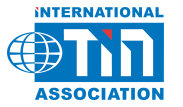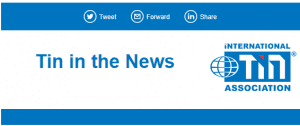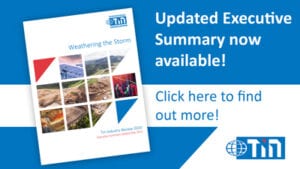Only a week after a new regulation on tin export quality came into effect, Indonesia’s trade ministry has announced a relaxation in impurity limits. In a regulation originally announced last December, refined tin exported after 1 July has to be a minimum 99.9% tin, with set maximum impurity limits for nine elements ranging from aluminium to zinc. However Bloomberg reports that in a revised version signed by Trade Minister Gita Wirjawan on 28 June the maximum limit for lead has been increased from 100 ppm to 300 ppm, with the only other stipulated limit being 50 ppm iron (the same as in the original version).
“This will facilitate business,” Bachrul Chairi, director general of foreign trade at the ministry, said. The revision came after some smelters said they were unable to meet the content limits, said Thamrin Latuconsina, export director for mining and industry products.
The revised regulation is also reported to require that tin producers must trade ingots in the local physical market first before export with effect from 30 August and for other tin products from 1 January 2015 according to Bloomberg. “This will enable us to monitor shipments,” Chairi said. The trade will create a reference price for Indonesian tin, he said, without providing details on the bourse that will handle the physical trading.
ITRI view: Indonesian shipments had been expected to fall sharply this month if the stricter quality controls, which had been strongly supported by state tin company PT Timah, were maintained and enforced. The latest move suggests that any dislocation will now be less severe. It is not clear how the new reference to a domestic tin market will work. While the Indonesian Commodity and Derivatives Exchange launched a tin contract (INATIN) in February last year, traded volumes have been negligible to date.


